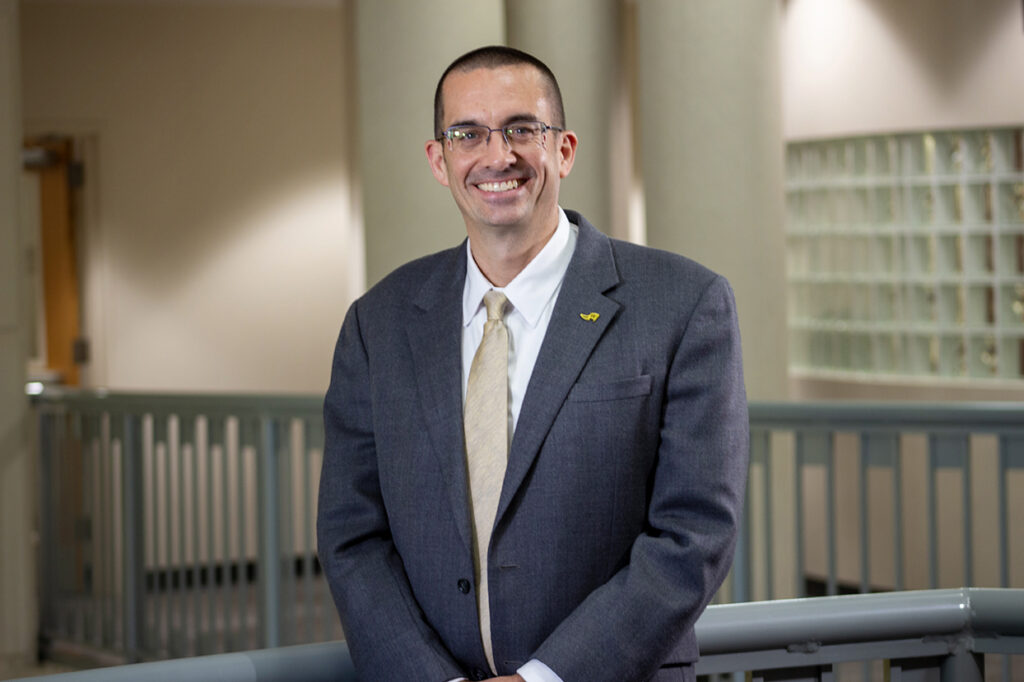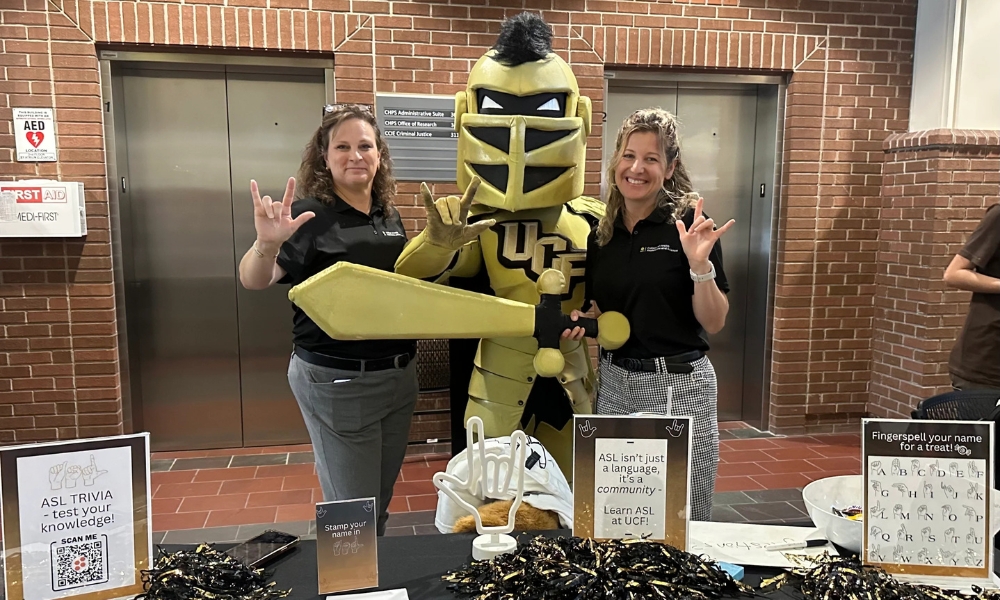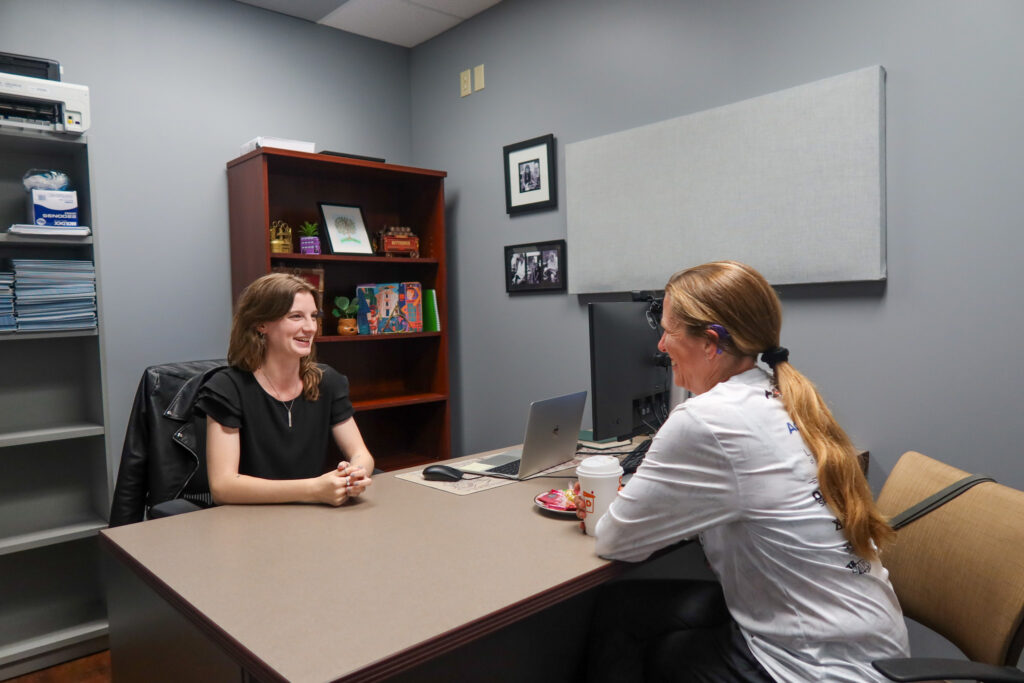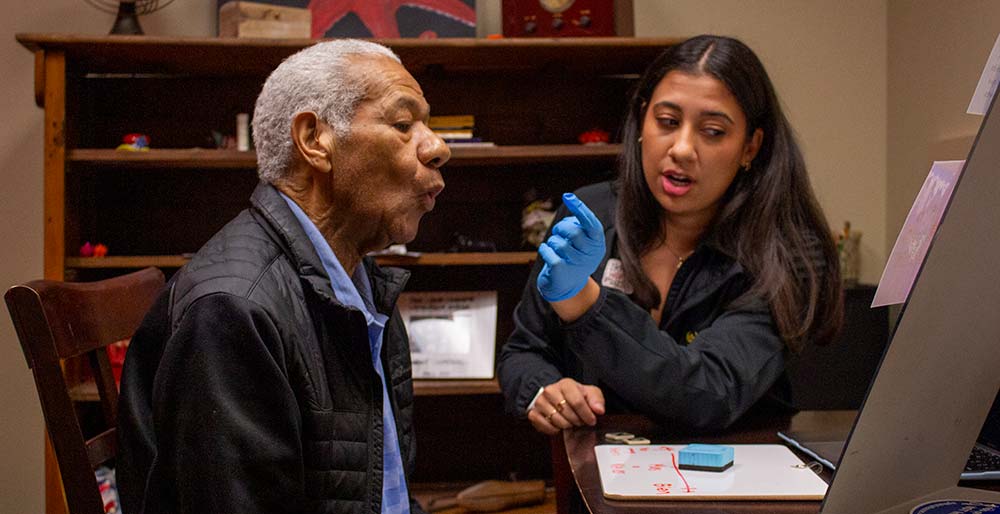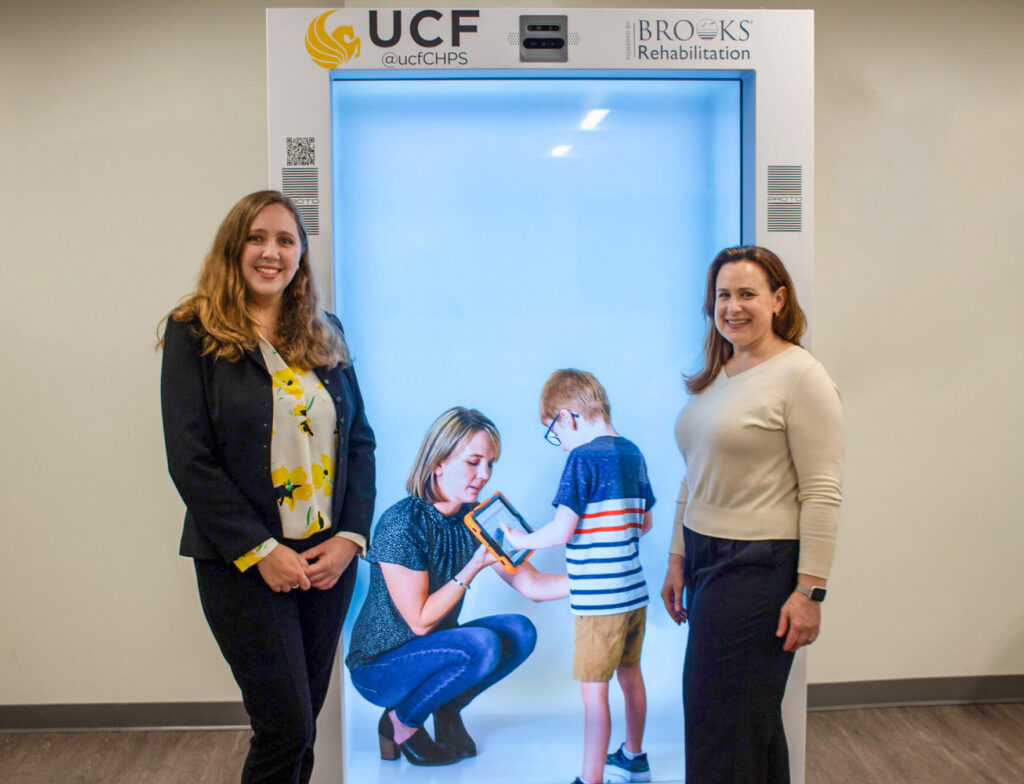UCF summer reading program for kids, iREAD, completed its four-week course earlier this month. It was the second year that the UCF Communication Disorders Clinic offered this program. The evidence-based program focuses on providing direct, explicit instruction to target areas of written language, such as phonological/phonemic awareness, the relationship between sounds and symbols, sounding out unfamiliar words, spelling, reading fluency, reading and listening comprehension, vocabulary and written expression.
The iREAD program is considered intensive based on the number of sessions held over the four weeks. “The students meet three hours per day, four times a week, for four weeks,” says Carrie Loughran, UCF instructor and iREAD founder. “It stands for intensive reading for the enrichment of academic development. It’s structured to encourage faster progress over a shorter period… and works to build on skills during each successive three-and-a-half-hour treatment session.”
Graduate clinicians, under supervision of licensed speech language pathologists, implement a structured and scheduled curriculum based on the science of reading, while providing an individualized, unique approach to each participant. “Our graduate clinicians are absolutely amazing and they’re learning so much at the same time,” says Loughran.
According to a long-term study by the Annie E. Casey Foundation, approximately 67% of children nationwide — and more than 80% of children from low-income families — are not proficient readers by the time they complete the third grade. The latest Florida Statewide Assessments results found that only 25% of Florida’s third graders are proficient readers by the end of the school year. Students who cannot read proficiently by the end of third grade are four times less likely to graduate high school than proficient readers.
“A big part of learning is you have to be engaged,” says Abby Cragin, a graduate clinician who was involved in the program. “A lot of the activities that we do, we really try and make it fun for them, because a lot of times they have the reading skills, but they don’t have the comprehension that comes with the reading skills.”
Multisensory activities are used throughout each day to encourage engagement in learning, to reinforce newly learned skills, and to promote the pleasure of reading and writing. “The activities they do every single day are multisensory, engaging, and so much fun for the kids and for the graduate clinicians, too,” says Loughran.
“Every day we come in and [the students] know more than they did the day before and their skills are a little bit better than the day before,” says Taylor Smith, a graduate clinician who was involved in the program.
While it may feel like play, the program’s goal is to instill the tools that students need to enjoy reading.
Tom Gibbons sent his 8-year-old daughter to the summer program and says she enjoyed the activities and is more confident in her reading. “I’m glad we found it. I know she is going to have made great improvement. I’m excited to see it,” says Gibbons.

